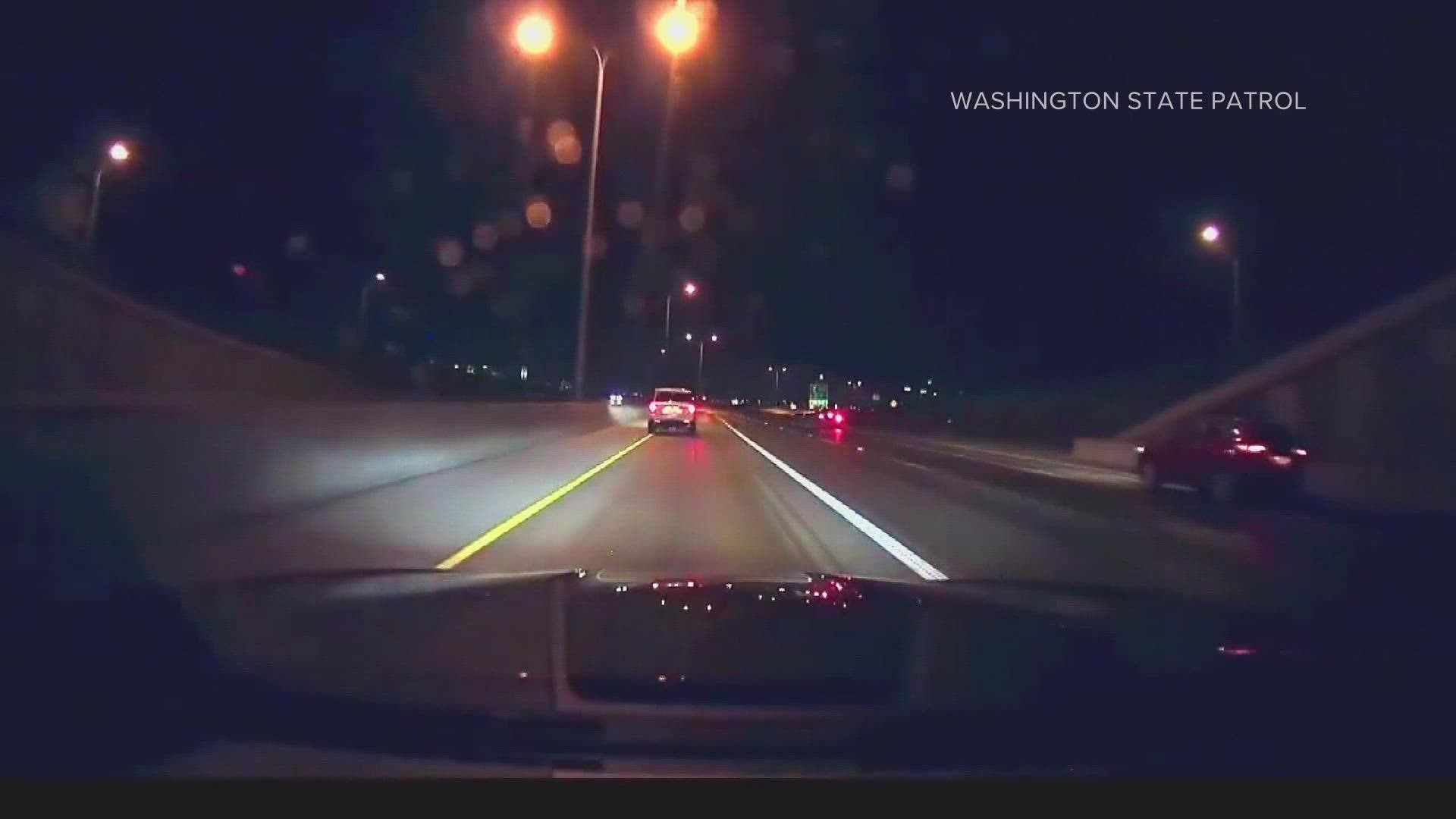SEATTLE — One person dies every 45 minutes in a drunk driving crash, according to the Department of Transportation.
"I sustained severe life-threatening and lifelong injuries including a traumatic brain injury, a broken neck and the loss of my right leg as well as many other things," said Alex Otte who is the National President for Mother's Against Drunk Driving.
Otte was run over by a drunken boater a little over 12 years ago. She said while she was hit by a boat, new impaired driving prevention technology could have changed what happened to her. The technology is currently being looked at as the future for drivers.
"This was a part of federal legislation that was signed by the president last year, it's already law," said Otte.
The provision is part of the 2021 Infrastructure Law requiring a new safety standard for smart technology in cars. Recently, the National Transportation Safety Board (NTSB) also called for alcohol detection systems in all new vehicles. "The National Transportation Safety Administration has started actions on that and we'd like to see it through," said Jennifer Homendy who is the Chair of the NTSB.
The technologies being looked at are driving performance monitoring, think automatic braking or lane assist. There's also driver monitoring which uses cameras in a vehicle and radar to detect someone's eye gaze.
The last category is alcohol detection. Otte said that could look like, "putting sensors either in the steering wheel or on the start button to measure the alcohol in a person's sweat."
At this point we don't know what technology will be chosen.
KING 5 asked Homendy what she'd say to people who believe this infringes on their rights.
"I think we will get those arguments, but it's not your right to drive impaired by alcohol and to risk your life, others whether they're inside or outside your vehicle. That is not a right," said Homendy.
The National Highway Traffic Safety Administration has until 2024 to look at the technologies and set their standard. Car makers will have until two to three years after that to make adjustments.

